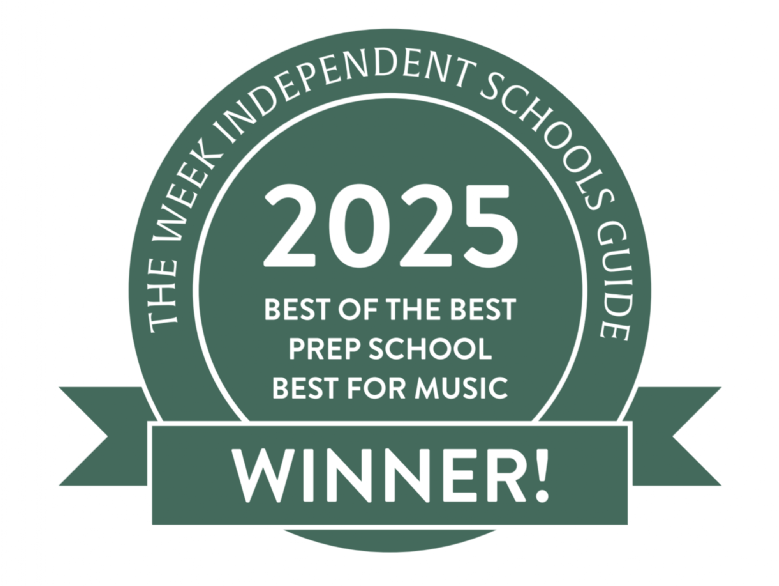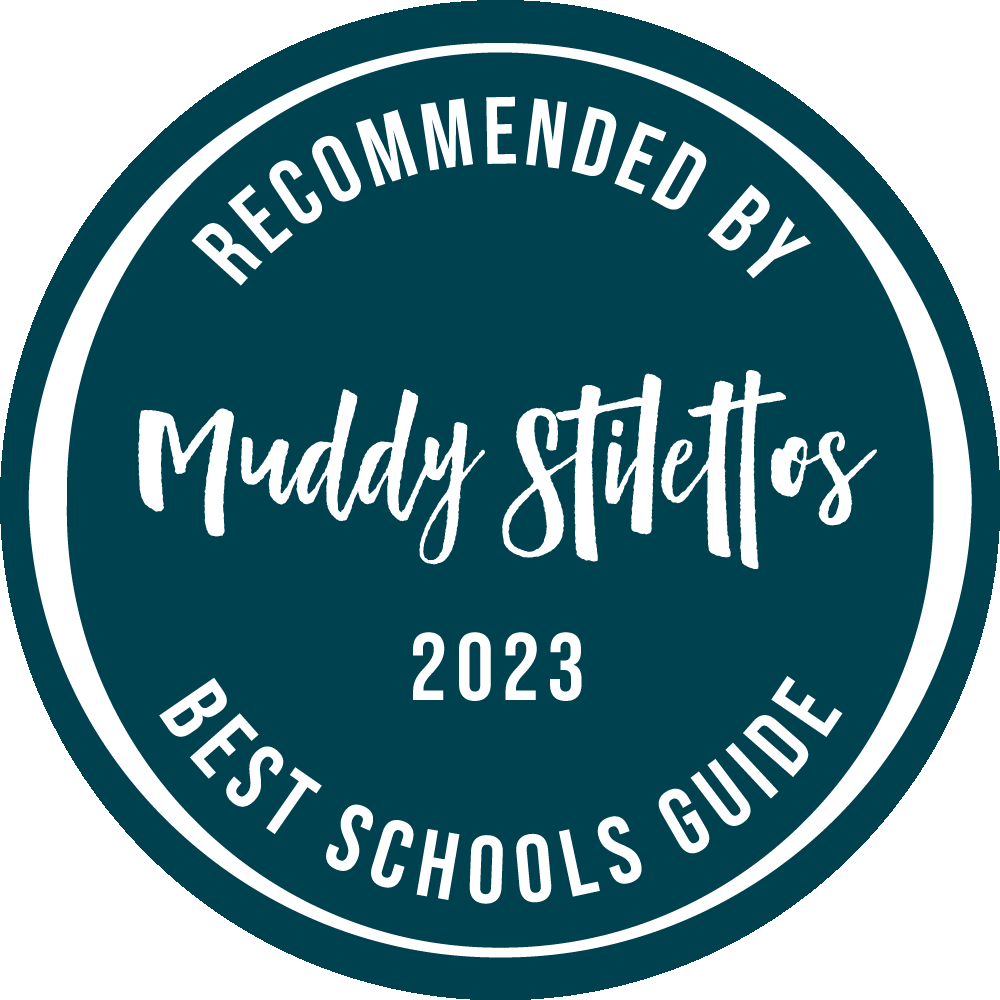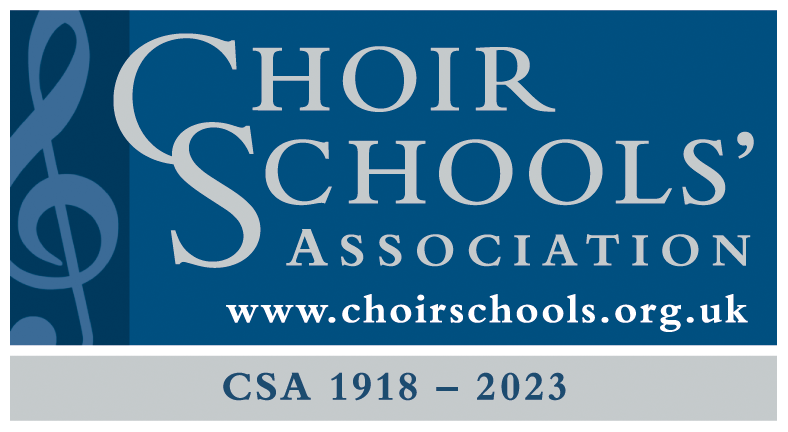From the Base

Literacy can be defined as "the quality or state of being literate, especially the ability to read and write".
Emotional literacy is the ability to recognise and describe your emotions. This can be age-related, but it is also dependent on experience and the opportunities to talk about feelings. We would expect a very young child to struggle to discuss their emotions. As they age, they can perhaps use basic terms, such as happy, or sad, but this can be unsophisticated and they will still react in a particular way. A child with increasing emotional literacy will be able to talk about the nuances of their feelings; even better, they will be able to dissect those feelings and alter the way in which they react.
This is a lot to expect of a child – many adults can’t do it! I think that is partly why there is an increasing problem with mental health, nationally and indeed throughout the world; we have too many people who are unable to describe how they feel, let alone feel permitted to do so.
When we teach about mental health at Pilgrims', we begin by teaching the younger boys about their feelings. High emotional literacy forms the first stepping stones to good mental health.
Whatever the ages of your children, encourage them to explore the wide range of language they can use to describe how they feel. Rather than worried, are they nervous? Excited, perhaps, or possibly stressed? Remember, the physical feeling of being excited is only a breath away from anxiety.
Take time to help young people explore their emotions. Rather than happy, perhaps they might be satisfied, pleased, joyful, relieved, surprised...








